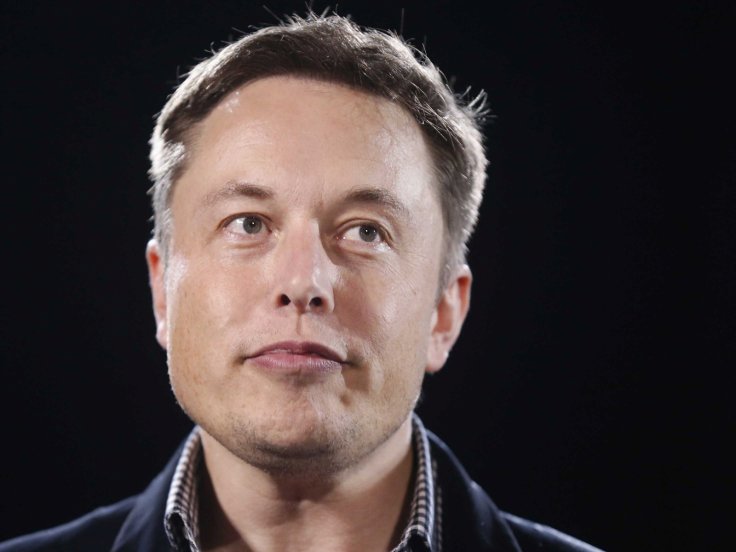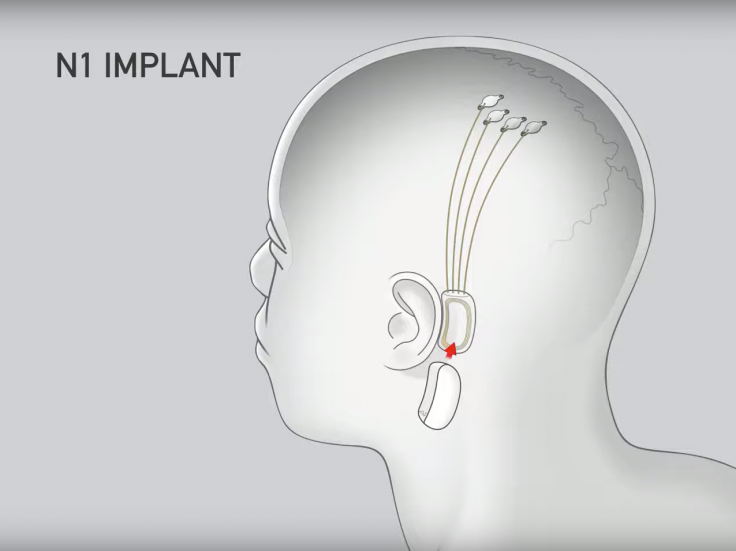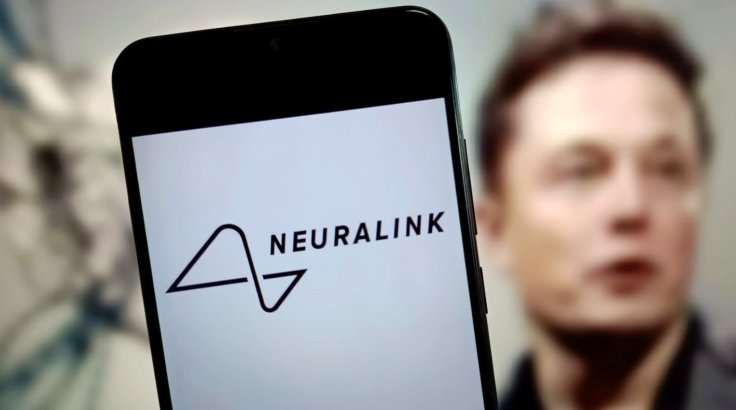Elon Musk revealed that Neuralink, his human technology startup, has successfully implanted a chip into the brain of its first human test participant. The billionaire said that the unnamed person underwent craniectomy surgery to have the chip implanted into their brain on Sunday and is currently in good recovery.
Musk introduced the product named 'Telepathy' and said that he hopes it will allow users with disabilities, such as Stephen Hawking, to communicate at a speed surpassing that of an auctioneer. Musk said that it will "enable control of your phone or computer, and through them almost any device, just by thinking." This marks a major step in empowering human brain.
Giant Step for Mankind

"Initial results show promising neuron spike detection," Musk wrote on X, the social media he owns. The development comes less than a year after Neuralink received clearance from the Food and Drug Administration (FDA) to perform operations on humans, following the company's extensive testing on pigs, sheep, and monkeys, marking a significant milestone for the startup.
This testing raised concerns about animal abuse, leading to criticism from animal rights groups.

"The last two years have been all about focus on building a human-ready product," Neuralink co-founder DJ Seo told Bloomberg News in November. "It's time to help an actual human being."
The brain chip, equipped with 1,000 electrodes, aims to enable people to wirelessly execute computer functions by simply thinking about their desired actions, using a "think-and-click" mechanism.
Complicated Surgical Process
In a recent announcement, the company said it was looking for quadriplegics under 40 to participate in human trials.

"The goal is to show that the device can safely collect useful data from that part of the patient's brain, a key step in Neuralink's efforts to convert a person's thoughts into a range of commands a computer can understand," Ashlee Vance, who wrote a 2015 biography, 'Elon Musk: Tesla, SpaceX, and the Quest for a Fantastic Future', wrote in a Bloomberg report.
"Then, really, the long-term goal is to have this available for billions of people and unlock human potential and go beyond our biological capabilities."
Vance explained that the implant would transmit this information to a nearby laptop or tablet.
The surgical process involves a surgeon removing part of the patient's skull, followed by a 7-foot-tall robot named R1 taking over to implant 64 threads lined with electrodes into their brain.
The number of human participants in the technology trial is currently unclear. The trial will evaluate the safety of both the robot surgeon and the chip, along with assessing its overall functionality.

Neuralink has faced controversy in recent years, raising ethical concerns and skepticism among neuroscientists and other experts.
Safety issues, including concerns about the lithium battery, potential migration of the implant's wires within the brain, and the challenge of extracting the device without damaging brain tissue, posed obstacles in obtaining approval for human trials, especially from the FDA.
While the FDA eventually granted approval in May, details about how the initial concerns were addressed were not disclosed.









